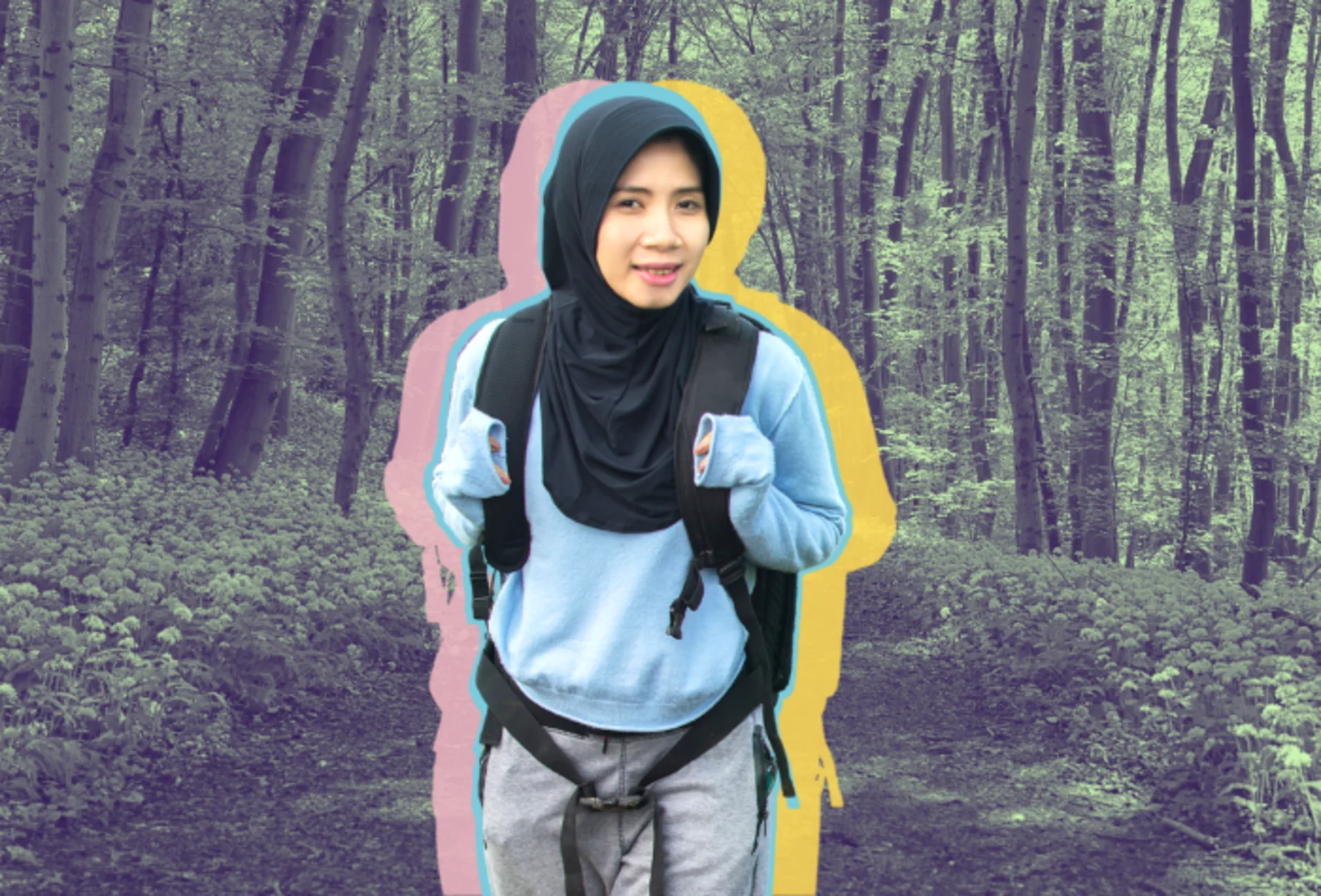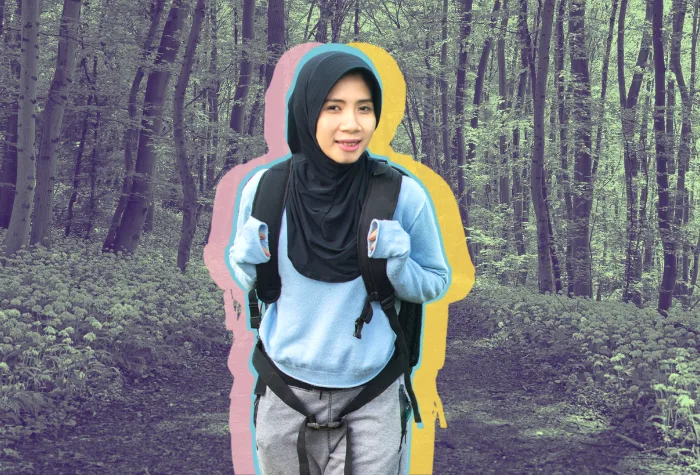
Study finds 227 ways interacting with nature affects well-being. Here are 10
It's a wonderful world - so get out there and enjoy it. You'll be thankful you did.
Over the years, numerous studies have been published touting the mental and physical benefits of spending time in nature. And now, a "systematic review of 301 academic articles" has categorized and quantified them.
According to the research, funded by the Japan Society for the Promotion of Science, there are 227 unique ways human interaction positively or negatively affects well-being.
There aren't any big surprises here - negative contributions to well-being are linked to the loss or degradation of natural spaces. Being plagued by intensely squawking birds early in the morning or swarmed by black flies are other scenarios where interacting with nature can be less than ideal.
But let's drill down and look on the bright side.
Here are ten proven ways interacting with nature can help you be your best self.
1) Get yourself some houseplants and reduce stress
A 2015 study found plants can help reduce stress and increase feelings of well-being.
2) And gardening is good for you, too
A recent paper in PLOS One finds four weeks of regular gardening, defined in the study as working in the garden for one-hour sessions, twice a week, can improve mood and reduce depressive symptoms in healthy women.
A 2017 paper came to a similar conclusion, arguing that gardening can be therapeutic, helping to ease symptoms of depression and anxiety.
3) Hang out with some birds
A German-based paper found a link between biodiversity and happiness on a Europe-wide scale. The paper argues that more bird species in a person's vicinity can increase life satisfaction as much as a higher income.
4) Let the sun in
Exposure to sunlight is believed to increase the brain’s release of a hormone called serotonin, which is associated with feelings of happiness.
Sunlight also helps our bodies produce vitamin D, which keeps our bones, teeth, and muscles healthy.
5) Stay hydrated
A 2018 survey suggests up to 80 per cent of working Americans forget to drink water throughout the day and over time, this can lead to decreased concentration, headaches, and lethargy.
On the other hand, drinking water throughout the day is associated with better concentration, a happier mood, and boosts to your memory.
6) Gotta love those blue spaces
A 2019 study of 26,000 people found people living closer to England's coast have better mental health than people who live away from the water.
The paper, published in the journal Health & Place, found people who live less than a kilometre from the ocean are 22 per cent less likely to report depression and anxiety, compared with people who live 30 km from the water.
7) Proximity to green spaces benefits child development
A 2021 study conducted at the University of British Columbia finds green spaces have a positive impact on childhood development.
The paper is an analysis of nearly 30,000 children living in Metro Vancouver, born between 2000-2005.
Those who lived within 250 metres of green spaces performed better on developmental tests.
Ingrid Jarvis, the lead researcher on the project, believes one of the main reasons for the positive effect on early development is that vegetation reduces air and noise pollution.

Spend time around trees. It's good for you! Custom image by Cheryl Santa Maria, made using graphical elements from Canva Pro.
8) Trees help us all
Trees in urban spaces help us all by reducing heat islands - urban areas where temperatures are higher than spaces outside the city.
In addition to cooling and stabilizing temperatures, urban trees clean the air, reduce noise pollution, provide shade, fight erosion, and improve animal and insect biodiversity.
9) National parks can improve overall health
Physicians are well aware of the benefits of spending time in nature and now, a collaboration between a national nature prescription program called PaRx and Parks Canada has enabled B.C. doctors to prescribe national park passes to patients.
Experts say all you need is two hours a week.
"Many of us have heard that nature is good for us, but what many people don't know is there is an increase in research that tells us it actually changes things like our biochemistry and our brain chemistry in a positive way," psychologist Joti Samra told The Weather Network in 2019.
"Our blood pressure is reduced, our heart rate slows down, and we are more present, which all offers positive impacts on our life."
10) Boost health benefits even further by forest bathing
When headed out on a hiking trail, you can elevate health benefits by "forest bathing." It's an ancient Japanese practice (“Shinrin-Yoku”.) that emphasizes slowing down and feeling the “awe” of the forest.
To forest bathe, try to use all your senses as you walk through the trees.
You'll know you're on the right track when:
Your heart rate slows
Your shoulders naturally drop
Your breathing gets deeper
Worries and anxiety subside
You enter into a calm state.
Once, again, experts say two-hour sessions are ideal.











